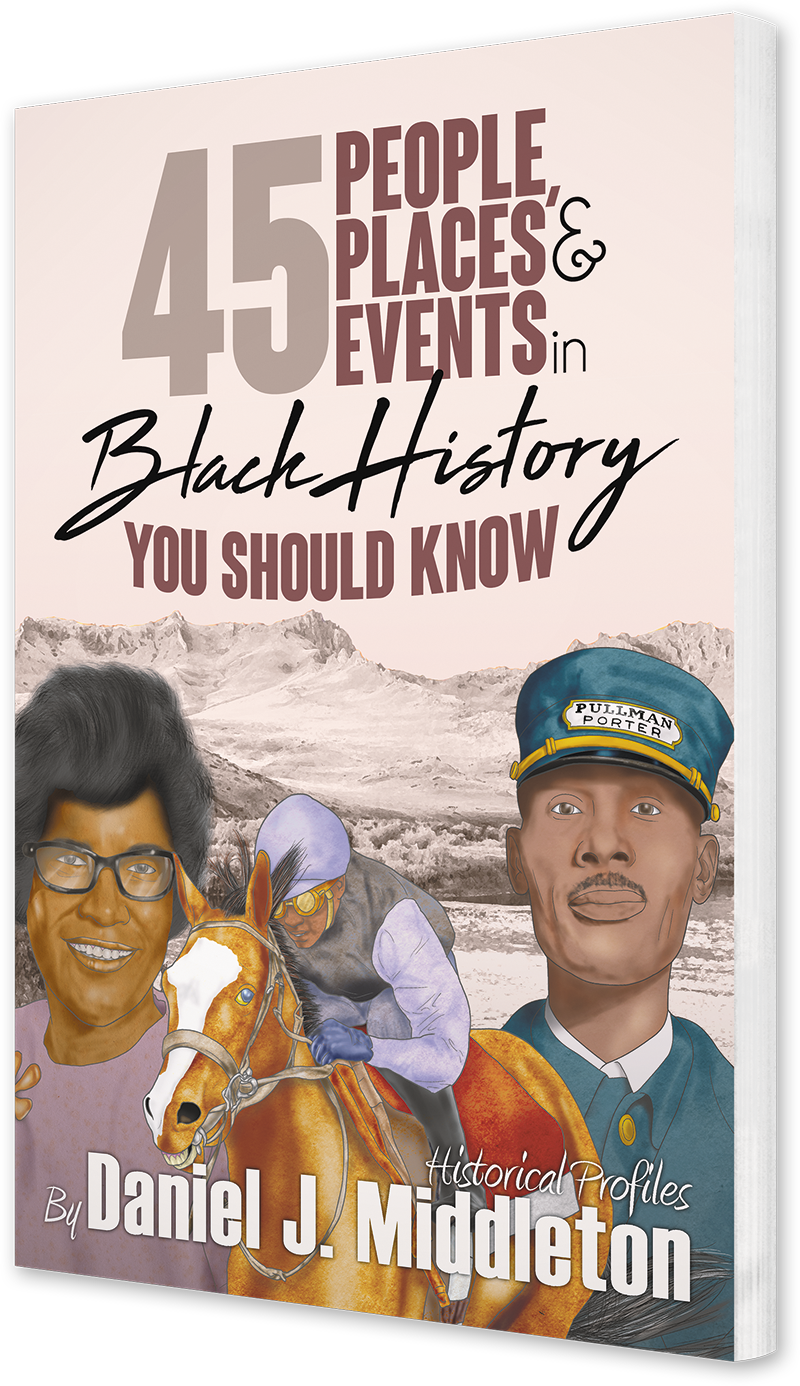Nora Douglas Holt
The First Black American to Earn a Master’s Degree in Music
Nora Douglas Holt at the piano. Adapted from a photo courtesy of the National Association of Negro Musicians.
While Nora Douglas Holt composed and sang her own music, few of her original pieces—numbering more than 200—survive. Nora was also an editor and music critic for the Amsterdam News, and as a socialite, she rubbed shoulders with luminaries of the Harlem Renaissance. Among her many accomplishments was co-founding the National Association of Negro Musicians in Chicago. Outside of her music career, Nora hopped through five marriages and became wealthy after the death of her fourth husband. It afforded her a great deal of independence to travel. But the party-going lifestyle she later developed was full of escapades and scandal that sullied her reputation.
Carl Van Vechten was a noted American writer and photographer who frequently corresponded with Nora Douglas Holt. The two were close friends. Photo courtesy of the Library of Congress.
Nora Holt was born Lena or Lora Douglas in Kansas City, Kansas, in 1885. Some sources list 1884 as her year of birth, but according to one close correspondent, author Carl Van Vechten, Nora was born in 1885. Her father, Calvin Douglas, was a minister of St. Augustine’s Episcopal Church. Nora’s mother, Gracie Brown Douglas, steered her toward piano lessons when she was four years old. She took to the art and developed her talent by playing the church organ for several years.
The intense pull of romance drew Nora during her teens. While still in high school, she married three times. Musician Sky James became her first husband when she was 15, followed by politician Philip Scroggins two years later. Her third husband was a barber named Bruce Jones, but all three marriages were short-lived. Over a decade later, Nora married her fourth husband, the wealthy hotel owner George Holt (who she met in Chicago). She then adopted “Holt” as her married name and “Nora” as her given name. Nora also pursued an education in music by enrolling at Western University. She graduated at the top of her class in 1917.
With her bachelor’s degree secured, she left Kansas for Chicago to pursue her master’s at Chicago Musical College. Achieving that goal landed her in the record books, as she was the first black American to earn a music degree of that caliber in the United States. Nora’s College thesis was an original work, an orchestral piece titled Rhapsody on Negro Themes. It is among her lost material. In 1917, she also became the first music critic for the iconic black newspaper, the Chicago Defender, a post she held until 1921. Two years before she left the Chicago Defender, Nora sought to further public interest in black musicians by co-founding the National Association of Negro Musicians with Henry Lee Grant, Duke Ellington’s high school piano teacher.
After her husband died in 1921, Nora inherited his fortune. She then moved to New York and became a wild socialite during the Harlem Renaissance. During that time, several romances came and went. She eventually married her fifth husband, Joseph Ray, in 1923. Ray was a wealthy black man from Pennsylvania who was an assistant to steel magnate Charles M. Schwab. After the wedding, Ray established Nora in a mansion nestled in Bethlehem, Pennsylvania, but he could not keep her there. Nora was soon back in New York gallivanting with her old social circle. She aroused the jealousy of her husband by taking several illicit partners, and her marriage became embattled.
Portrait of Nora Douglas Holt taken by Carl Van Vechten in 1955. Courtesy of the Library of Congress.
Bitter divorce proceedings lasted for several years, but when the end of her marriage finally came, the court awarded Nora tens of thousands of dollars promised to her by Ray before they wed. With that, she returned to New York and her beloved Harlem society for a time, until Europe beckoned. Nora longed to tour the continent, but before she made the journey, she arranged to have her collection of original compositions stored safely until her return. Sadly, that was the last time she or the rest of the world saw those pieces. The music went missing during her twelve years abroad, stolen by an unknown culprit. The only compositions that remain are those she published in her 1921 Chicago magazine, Music and Poetry.
Nora returned to her first true love, music, by playing piano and singing jazz songs in clubs across Europe and Asia. After making a splash in London and Paris—where she met American writer Gertrude Stein—Nora took her act to Shanghai. Her return to the United States came in 1938 after Japanese forces invaded China. She settled in Los Angeles, where she taught music to high school students and took part in the school board. Nora also started a successful beauty shop in the city. In the late 1930s, she also enrolled at the University of Southern California, where she continued her studies in music education.
Nora was back on the east coast in the early 1940s after being hired as an editor and music critic for the Amsterdam News. And in the ’50s and mid-’60s, she entered the world of radio and enjoyed a new career as a musical director and producer of Nora Holt’s Concert Showcase. The program aired weekly on the Harlem station WLIB. Indeed, Nora was as busy and active in the music world during her senior years as in her youth. She died in Los Angeles on January 25, 1974.
You may also be interested in:

This article appears in 45 People, Places, and Events in Black History You Should Know.
Available from Amazon.com, BN.com, and other retailers.





Roy Eaton broke through the barriers in the advertising industry and rose to become an executive while he composed enduring jingles that resonated with the public.